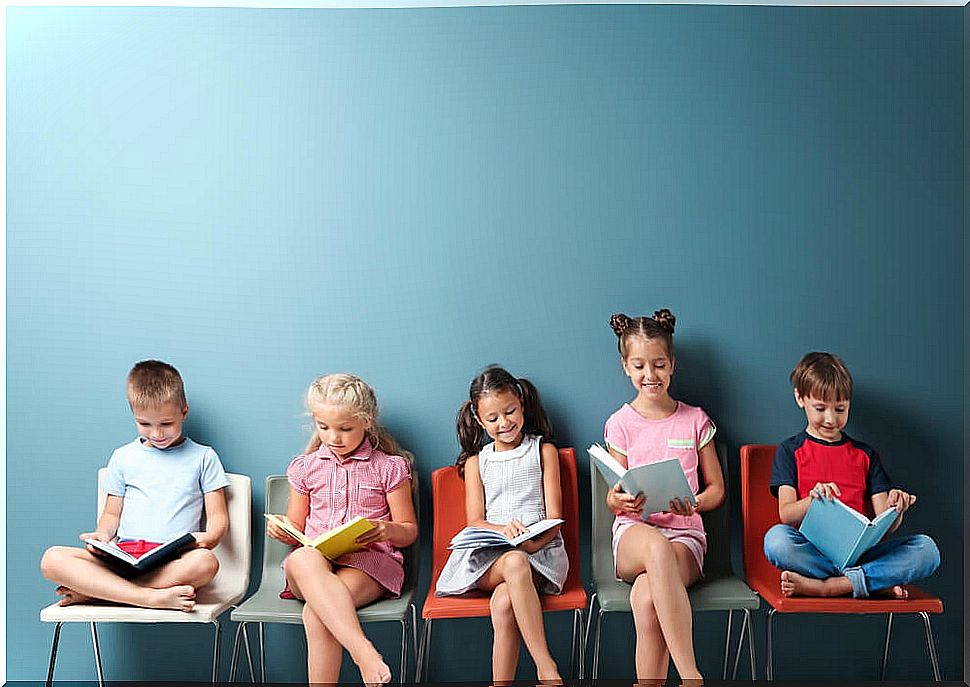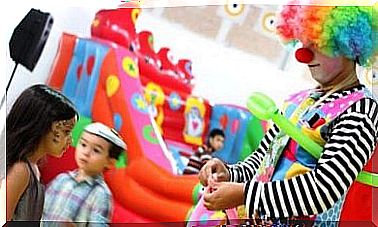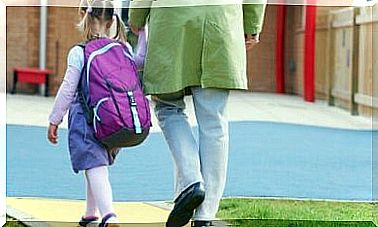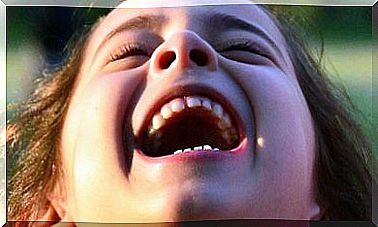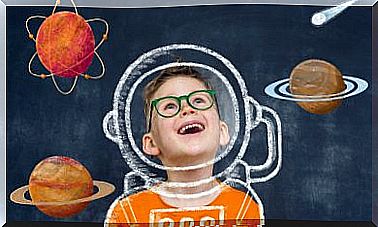What Is The Pedagogy Of Otherness?
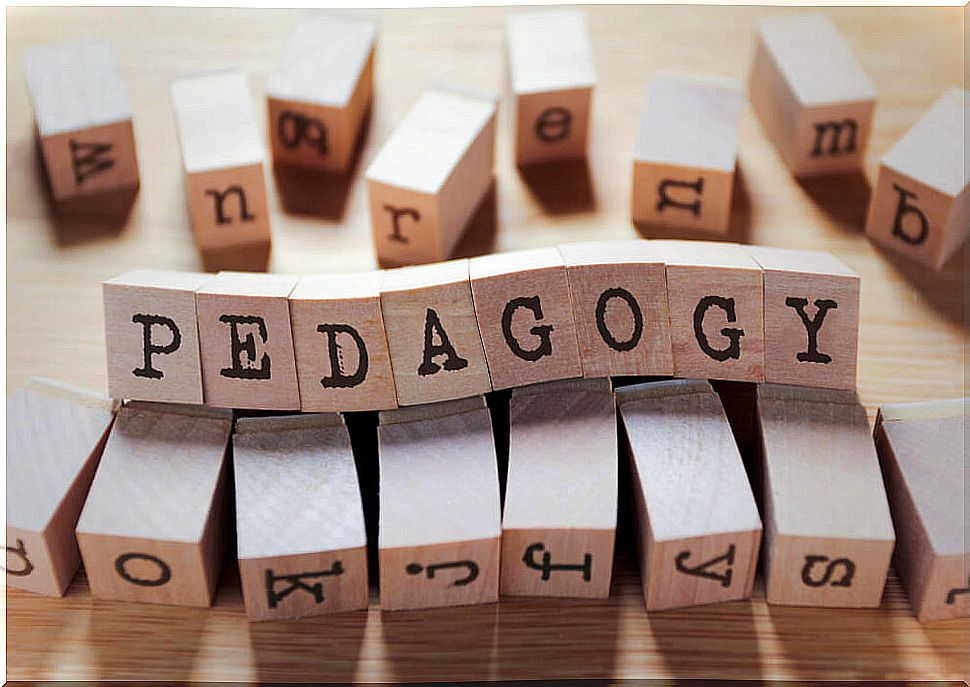
The pedagogy of otherness, also known as the ‘We-Others’ pedagogy, is a formative project based on fundamental pillars such as democracy, justice and solidarity. Which, at the level of educational practices, translates into consideration, understanding and tolerance of the other. And, with it, of its historical, cultural and spatial circumstances.
Origins of the pedagogy of otherness
This educational trend has its origin in the theory of otherness, a philosophical perspective developed by Emmanuel Lévinas (1906), a Russian philosopher and writer of Jewish origin. In this theory the author argues that human ethics and morality are not based on individual intellectual reasoning, but that their source is the other.
On this basis, this philosopher proposes an asymmetric relationship in the bond and interpersonal relationships, giving preponderance to the other subject and their needs.
Based on these philosophical foundations, the pedagogy of otherness is constituted in a pedagogical current that aims to generate at the level of educational practices a more balanced and equal-to-equal relationship between the teacher and the students , thus fostering an ethical relationship between the educator and the learner under the premise of recognition, respect, responsibility and acceptance of the other.
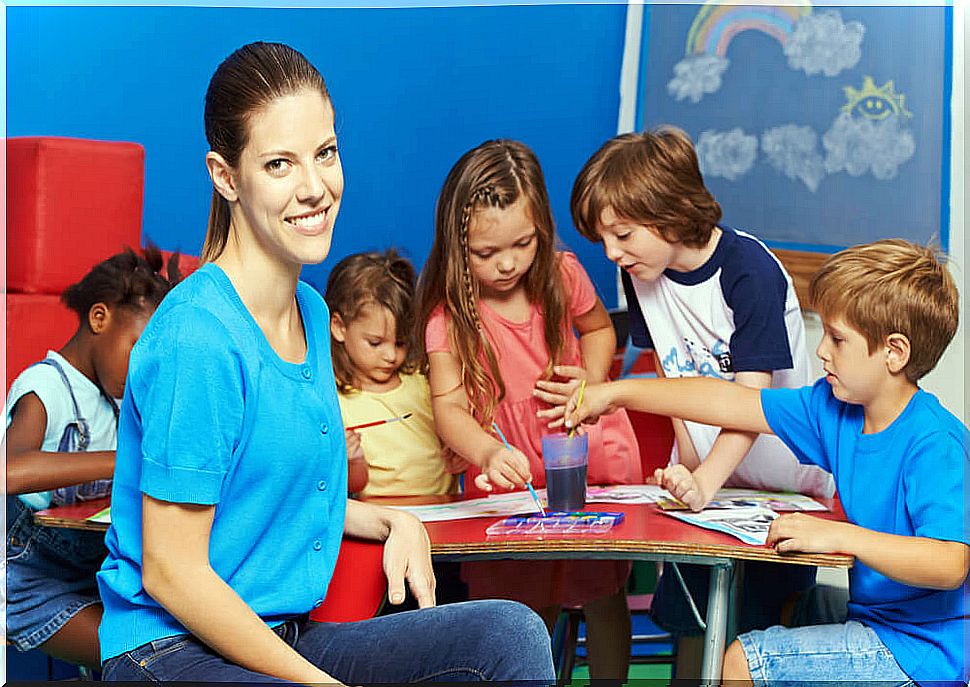
Basic pillars of the pedagogy of otherness
Reception
This implies that the educator must consider the student as he is and accept him with his story. You must respect and understand their needs, and highlight their individuality and difference as a form of recognition.
Responsibility
A situation of welcoming the other implies jointly assuming a responsibility towards that other person and towards their personal circumstances. That is to say, the educator must assume a responsibility with respect to the personal and contextual circumstances of his students.
Dependence
The assumption of the responsibility of the educator in relation to the other subject, student, according to a pedagogy of otherness, supposes a certain degree of dependence. Dependence based on love, empathy and solidarity with the personal circumstances of each student.
Transformation
The link that a pedagogy of otherness proposes to build between the teacher and his students has a transformation purpose. In this sense, through a close relationship with the other subject, a transformation would be achieved, both of the educational practices themselves and of social practices, both based on a democratic construction of the we.
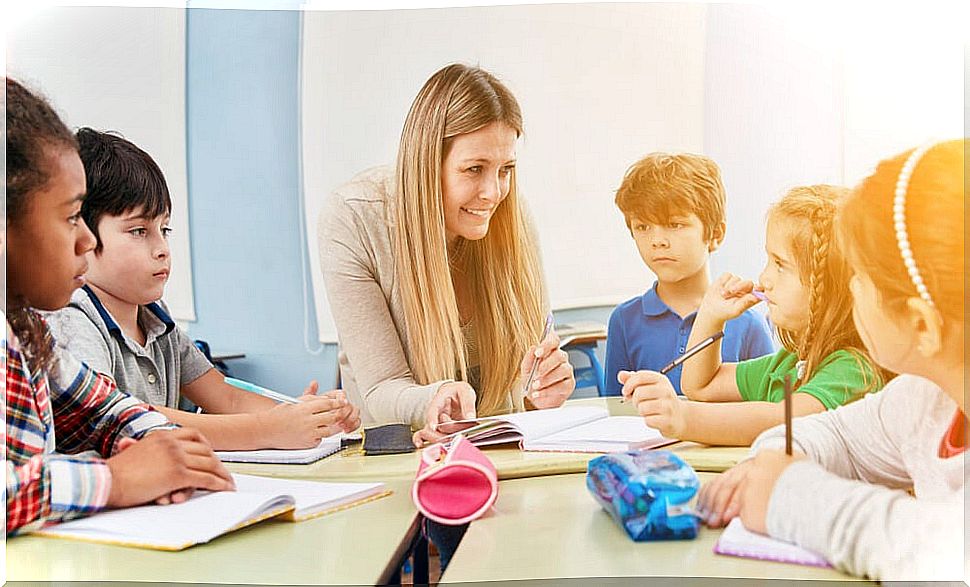
The birth in the pedagogy of otherness
A birth is comparable to the foundation on which the pedagogy of otherness rests. And the bond that is established with a newborn serves to exemplify what the educational bond should be like. That is, when a child is born, it is welcomed, loved, accepted, and adults create a bond with it from which they build their identity.
In this sense, then, and according to this pedagogy, the link between teacher and student must resemble each other and must become a link based on dialogue and the constant understanding of who we are in front of.
As with a newborn, inside the classroom, this current defends a more human relationship between the educator and his students. By establishing a two-way link other than the one-way established by traditional education. Which also supposes, to a certain degree, a loss of authority on the part of the teacher, as established by traditional education.
Otherness, as the ability to be another or different, that fosters this pedagogical current promotes the encounter and knowledge between the student and his teacher, and with it a responsibility assumed by the educator in providing the necessary tools so that a child can transform into a social being. Sociability developed from their relationship with others and the internalization of a we.
Thus, considering a formation based on the we, the pedagogy of otherness is a critical, reflective pedagogy with a strong political connotation. We speak, then, of a pedagogy that tries to face situations of injustice, generating supportive and tolerant practices, and giving a voice to the excluded.
